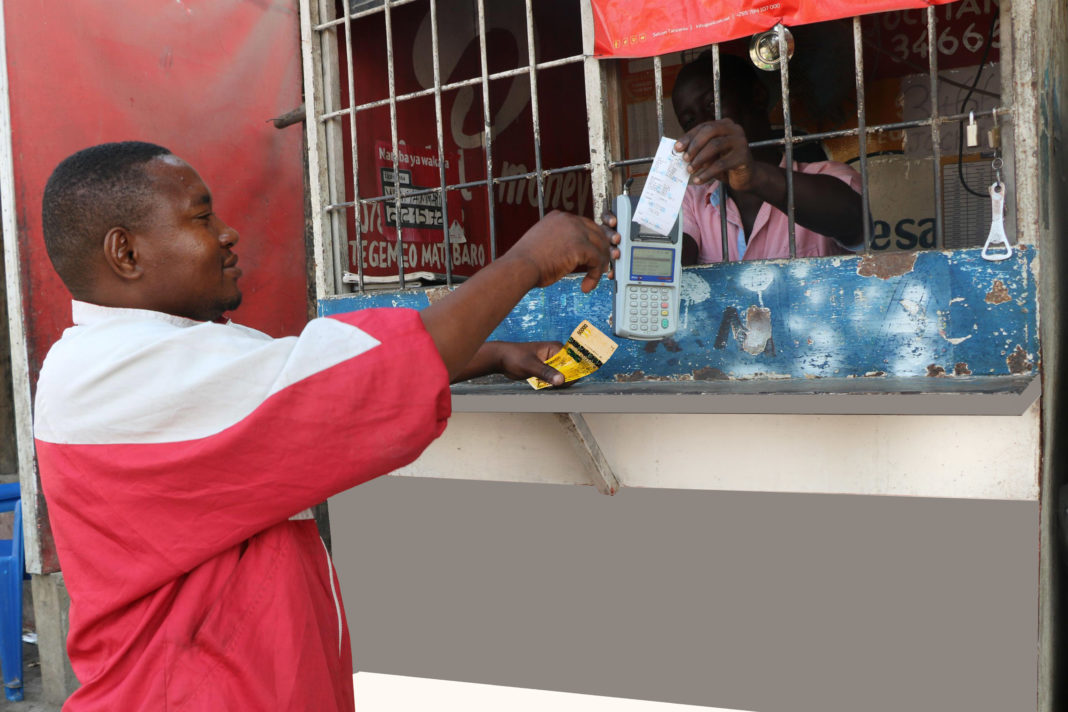People living in areas without a commercial bank branch will soon be able to access formal bank services. Banks are currently putting final touches on the preparations to roll out agent banking following the approval of the regulations about three month ago.
Reports indicate that at least three banks – Stanbic, Barclay and Centenary Bank, have already been licensed and are expected to rollout agent banking services in late march, as they seek to increase access to formal financial services.
According to the2017 Demand and Supply Side Survey for agency banking a survey commissioned by the Financial Sector Deepening Uganda (FSDU) and conducted by Microsave, about 58% of Ugandan adults are unbanked.
This is not because they do not want to have bank accounts but because they do not have access to banking services as banks consider opening bank branches, especially in rural areas, not cost-effective.
The survey indicates that about 9.3 million Ugandan adults travel over an hour to reach the nearest bank branch.
The rolling out of agent banking (also known as agency banking) is expected the change the narrative.
Through agent banking, banks will now be able to cost effectively extend their services to remote areas to ease and increase access to the excluded Ugandans and boost financial inclusion.
What is Agency banking?
Agent banking is the delivery of financial services outside conventional bank branches, where a licensed deposit taking financial institution contracts (bank) a third party operator (agent) to provide a range of financial services on its behalf
Agency banking is provided for under the Financial Institutions Amendment Act, which was approved early last year. The agent could be any established retail shop, a permanent mobile money agent, a petrol station and hardware shop, among others.
Benefits of agent banking
According to the Uganda Bankers’ Association Head of Communication and Corporate Affairs, Patricia Amito, says that when it takes shape, banks will no longer need to set up the brick-and-mortar branches but will only appoint agents to transact business on their behalf.
Agents will be in position to conduct minor banking services like cash deposits and withdraw, utility bill payment, transfer funds, open bank accounts and initiate a loan application process.
This is expected to reduce the cost of operation for the commercial banks, increase financial inclusion, reduce access barriers to financial services and broaden financial products such as formal savings, credit services and insurance usage.
“Agents will mostly benefit from fees and commission which contribute almost half of the Shs710b” she said, adding that an agent, in essence, works as a channel that is a retailer between the bank and public based on the agreement with a commercial bank can agree on how to share revenue.
She adds: “We expect agent banking to be a catalyst for financial inclusion for the unbanked and the deepening of the financial infrastructures and sector.”








